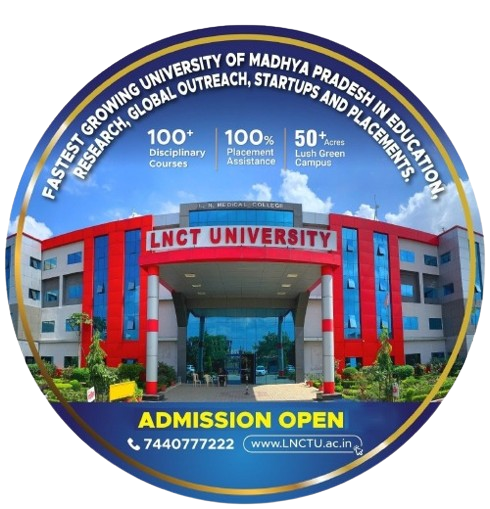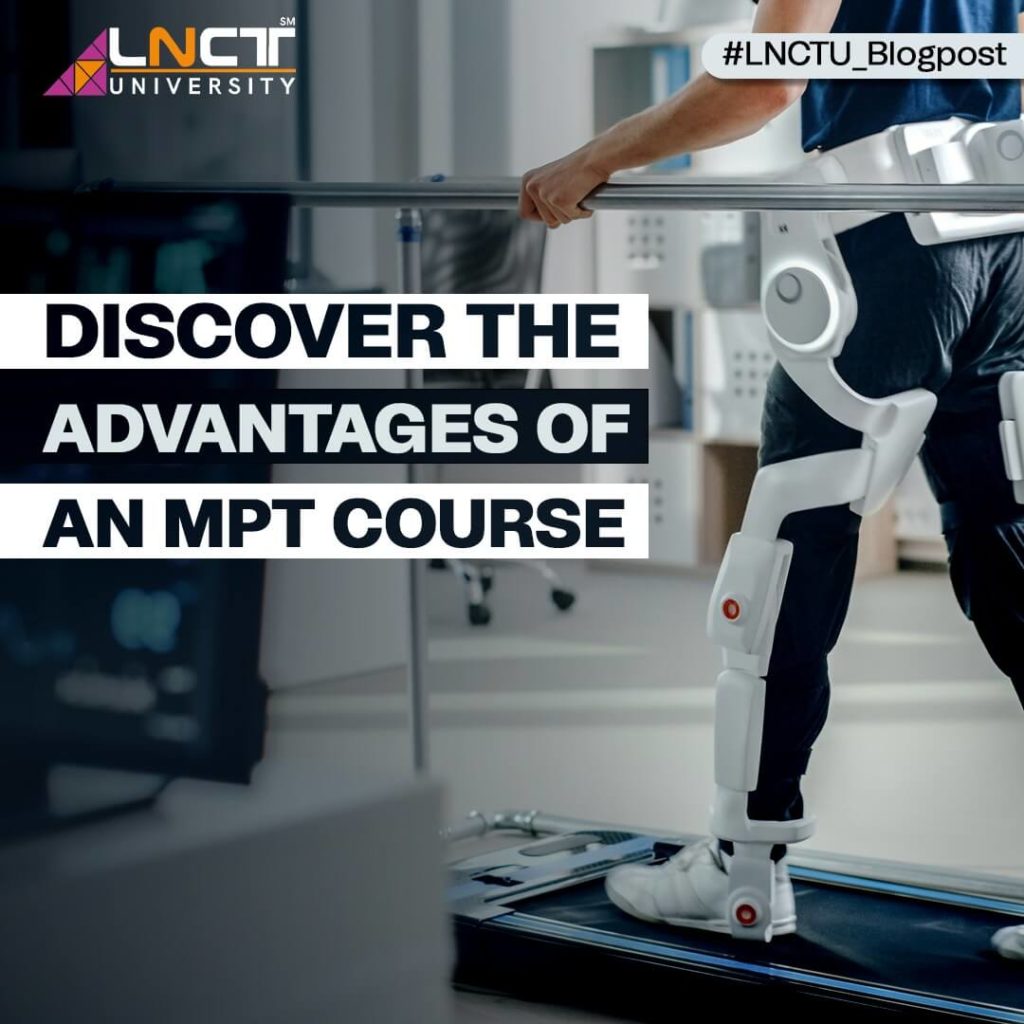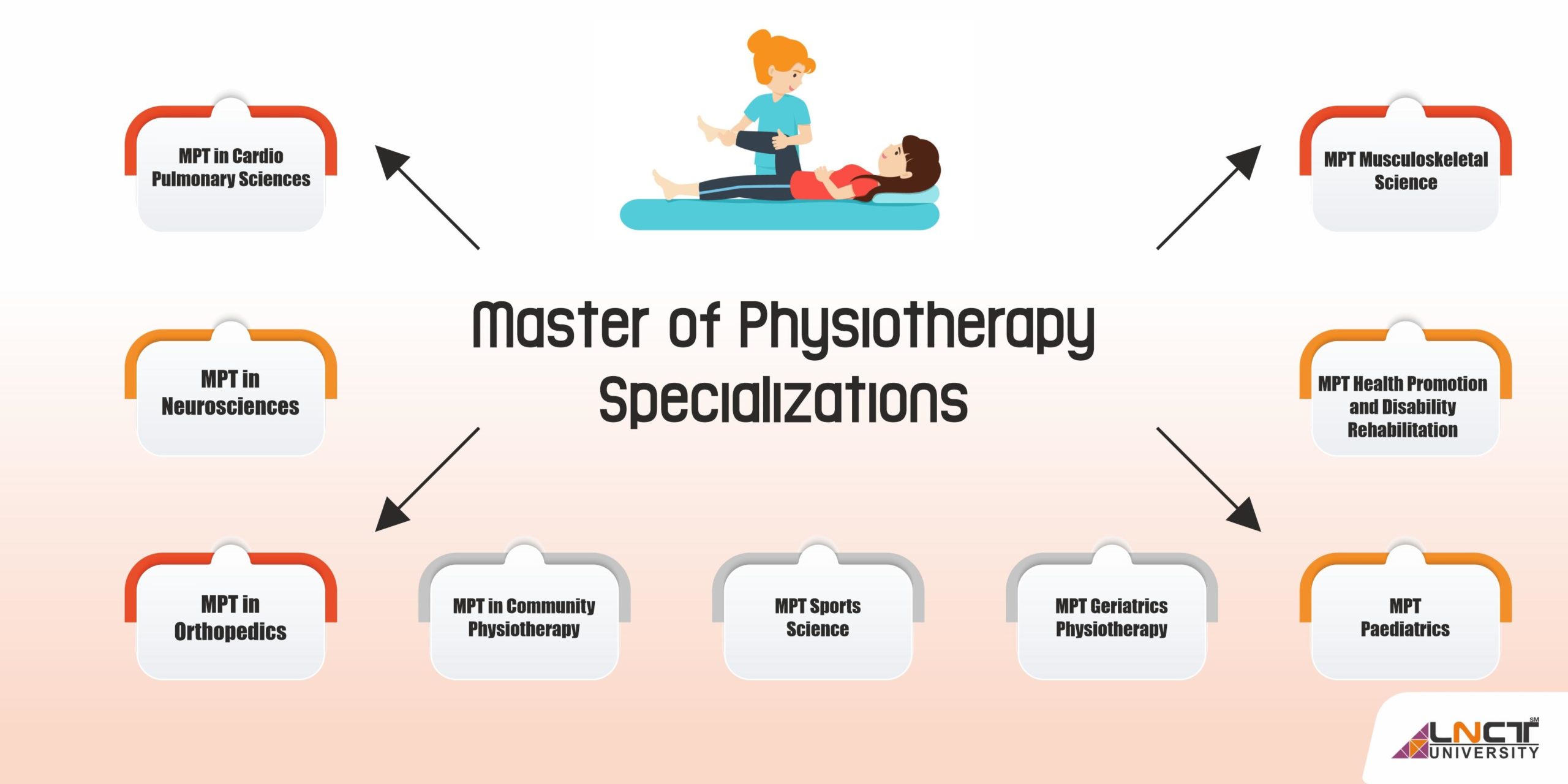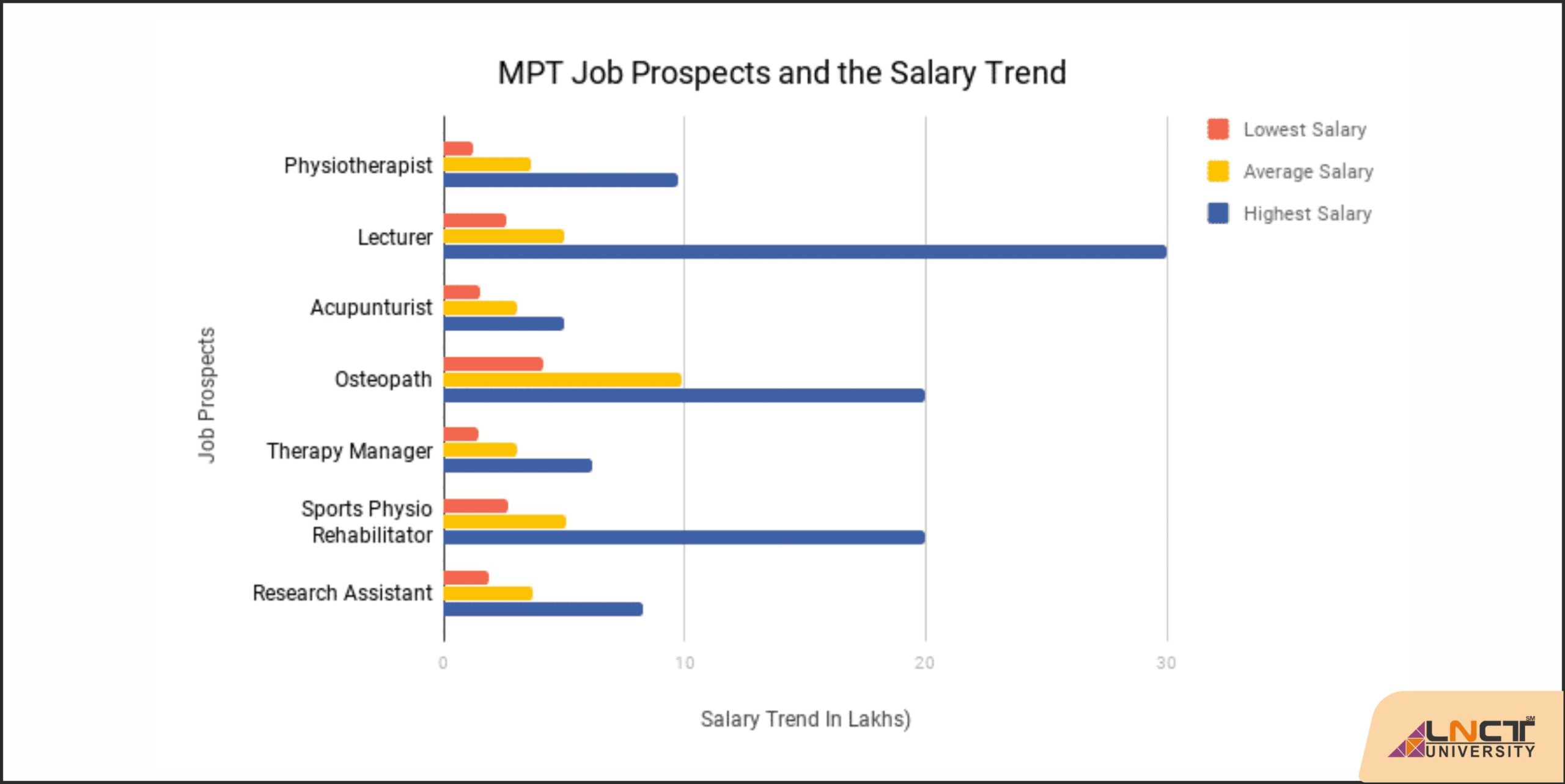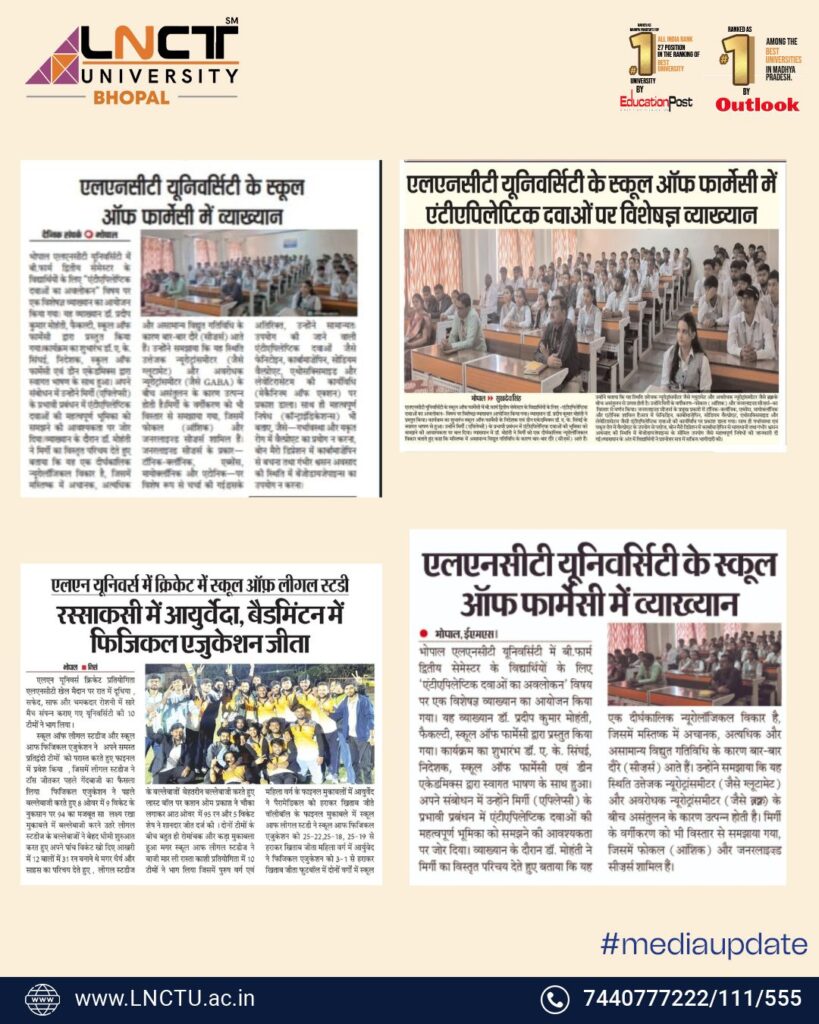MPT, or Master of Physiotherapy, is a postgraduate physiotherapy program that focuses on an individual’s well-being. The MPT program lasts two years. The MPT program is one of many paramedical programs that are rising in popularity in the employment market. The MPT program focuses on teaching students various physiotherapy techniques using both current technology and natural methods. Patients’ physical fitness is valued in MPT courses, and MPT course graduates have trained accordingly. The MPT course is gaining popularity in India, and it is now offered in practically all medical colleges. A bachelor’s degree in physiotherapy is required to enroll in the MPT program. The MPT course includes a wide range of work opportunities, and graduates are sought after by practically all hospitals and a few businesses. In comparison to other paramedical degrees, MPT graduates earn an excellent wage.
MPT Course Fee in India
Because MPT is a postgraduate program, colleges and universities may charge higher fees than bachelor’s degree programs. In India, the average MPT course fee is INR 35,000 to 3.1 lakh per year.
MPT Course Salary in India
MPT courses have a lot of work opportunities, and jobs in hospitals and enterprises are numerous. In India, the average MPT course salary is INR 3.7 lakh per year.
MPT Course
MPT stands for Master of Physiotherapy, and it is a post-graduate academic degree offered to students in the discipline of Physical Therapy, or Physiotherapy. An MPT course will enable a person to work on various aspects of healthcare, such as building muscle strength, bone strength, and recuperating from accidents and surgery, among other things.
Medical schools frequently provide MPT programs. Some of India’s best MPT colleges are listed below:
Manipal University, Manipal
RGUHS, Bangalore
Punjab University, Patiala
Lovely Professional University, Jalandhar
The MPT course combines both practical and theoretical learning opportunities, allowing students to obtain knowledge, skills, and the required behavior of a professional physiotherapist. To encourage students to think critically, the MPT curriculum is built around case studies and clinical experience. The MPT program enables students to master important areas of physiotherapy in a variety of fields.
The course requires a bachelor’s degree in physical therapy with a minimum of 50 percent in the relevant areas. Following the admission procedure, applicants must pass the entrance tests administered by particular universities/colleges. Graduates can choose from a variety of MPT positions in various sections.
A master’s degree in physiotherapy, abbreviated as MPT, is a paramedical master’s degree. Students who have finished their BPT course with a minimal grade can enroll in the MPT program. The MPT program focuses on a person’s physical well-being. Students in the MPT program learn how to treat patients who are not physically fit, have strained muscles, or have shattered any of their body parts, among other things.
The MPT program is available in the following streams:
-MPT Cardio-pulmonary Sciences
-MPT Community Physiotherapy
-MPT Neurosciences
-MPT Orthopedics
-MPT Pediatrics and Women Health
The Master’s in Physiotherapy program seeks to provide patients with high-quality physiotherapy care. Physiotherapists help clients with gross motor development, postural management, hydrotherapy, orthotic assessment and monitoring, sensory integration, respiratory diseases, and orthopedic concerns through restorative and rehabilitative treatments.
Why Choose MPT?
The MPT program is a postgraduate program in which students study many facets of physiotherapy. Students in master’s programs are taught theoretical and largely practical knowledge regarding MPT courses. The MPT program provides a firm foundation for future physiotherapists and prepares them to be the best in their area.
The following are some of the subjects that are included in the MPT course syllabus and assist students to learn more about physiotherapy.
- Kinesiology and Applied Biomechanics
- Biostatistics and Research Methodology
- Health and fitness, Exercise Physiology
- Technology in Physiotherapy Practice and Education
- Electrotherapy for Advanced Patients
Some of the specialized fields in which MPT graduates can work are listed below:
- Technology in Physiotherapy Practice and Education
- Biostatistics and Research Methodology
- Kinesiology and Applied Biomechanics
- Health and fitness, Exercise Physiology
- Advanced Electrotherapy
Rather than being referred to as an employee of an organization, experts can choose to work as consultants for a variety of institutes and organizations that want their services.
MPT Course Preparation Tips
Course preparation recommendations are extremely important, and some of them for the MPT course are included below:
Practice: Practicing is essential for any course, but it is more important for MPT courses. It should be done both in theory and in practice. Students should improve on their practical skills in treating patients as there is more practical work involved.
The importance of revision in theory courses cannot be overstated. Students that revise on a regular basis are better able to grasp various physiotherapy principles and achieve high exam scores.
Understanding the Subject: Understanding the subject is crucial to know it. Understanding the importance of the subjects and how to present them can assist students in becoming a successful physiotherapist.
Working on the Treatment: Because MPT is a paramedical course, it entails a greater number of hands-on treatments. Physiotherapy practitioners become the finest in their industry through practicing how to treat patients and learning different strategies to treat different types of patients.
MPT Subjects
| MPT Subjects – First year | |
| Sl.No | Main Subjects |
| 1 | Principles of Physiotherapy Practice |
| 2 | Research Methodology and Biostatistics |
| 3 | Biomechanics |
| 4 | Exercise Physiology |
| 5 | Electrophysiology |
| 6 | Physical and Functional Diagnosis |
| MPT Subjects – Second year | |
| Sl.No | Main Subjects |
| 1 | Physiotherapeutic |
| 2 | Elective |
| 3 | Musculoskeletal Disorders and Sports |
| 4 | Neurological and Psychosomatic Disorders |
| 5 | Cardio-Respiratory Disorder |
| 6 | Community Rehabilitation |
| 7 | Pediatrics |
MPT Course Syllabus
| MPT Syllabus – First year | |
| Sl.No | Syllabus |
| 1 | Development of the Physiotherapy Profession |
| 2 | Introduction to Biostatistics and Research Methodology |
| 3 | Biomechanics of Tissues and Structures of the Musculoskeletal System |
| 4 | Basic Probability and Sampling Distributions |
| 5 | Responses and Adaptations of various systems to Exercise and Training |
| 6 | Instrumentation for Neuromuscular Electrical Stimulation |
| 7 | EMG and Biofeedback |
| MPT Syllabus – Second year | |
| Sl.No | Syllabus |
| 1 | Maternal and Childcare in General Physiotherapy |
| 2 | Clinical Symptomatology, Pathophysiology, and Pathomechanics of Musculoskeletal Conditions |
| 3 | Anatomy and Physiology of the Nervous System |
| 4 | Anatomy and Physiology of Cardiovascular and Respiratory Systems |
| 5 | Health and Illness; Levels of Healthcare & Fitness |
| 6 | Normal Motor Development |
MPT Course Eligibility
Indian nationals are eligible to apply under the General, SC, ST, and OBC categories. Under the Foreign/ NRI Category, foreign citizens, non-resident Indians, and Indian nationals supported by the NRI families can apply. Candidates for the MPT course must have a bachelor’s degree in physical therapy from a recognized university with a minimum aggregate score of 50%.
MPT candidates must have earned a bachelor’s degree from an Indian Physiotherapy Association-accredited college or university. Candidates who are in the final year of their BPT internships are also eligible to apply, although admittance to the program is contingent on the timely completion of the internship.
MPT Specializations
There are several specializations available in the MPT program. Some of MPT’s specializations are listed below:
- MPT Orthopedics
- MPT Neurological sciences
- MPT Cardiopulmonary Sciences
- MPT in Health Promotion & Disability Rehabilitation
- MPT Sports science
- MPT Musculoskeletal science
- MPT Community physiotherapy
- MPT Paediatrics physiotherapy
- MPT Geriatrics physiotherapy
MPT Jobs
Chief Physiotherapist: Professionals must study the physics of elite individuals such as athletes. Film identities, for example.
Lecturer: Medical and physiotherapy principles will be taught to university/college students by professionals.
Research Assistant: The aspirant must conduct research into current and practical applications of physiotherapy.
Researcher: Professionals must assume responsibility for the most up-to-date products and services available in the field.
Sports Physio Rehabilitator: Professionals will have to work on the field of sports in the context of football and cricket in order to get the players ready for the games.
Self Employed Private Physiotherapist: The expert will be regarded as a self-centered practitioner who will deliver alleviation services to a variety of other people.
Therapy Manager: The manager will be working on the treatment of some of the most important parts of an individual’s life.
MPT Jobs for Freshers
MPT jobs are readily available to all MPT course graduates. The following are some of the most popular MPT job opportunities:
- Lecturer
- Therapy Manager
- Sports Physio Rehabilitator
- Physiotherapist
MPT Government and Private Course
Graduates of the MPT program find work in both the public and commercial sectors. Graduates of the MPT program can work in government hospitals, with sports teams, and as professors in colleges. The following are some of the MPT government and private jobs:
- Sports Physio Rehabilitator
- Physiotherapist
- Professor
- Researcher
- Research Assistant
MPT Career
In this job, there is a lot of potentials. You will first be referred to as a doctor, and your position will be that of a physiotherapist.
People in today’s generation face a slew of muscular-skeletal issues in their daily lives. Life is hectic, and we have become accustomed to automation. We used to experience backache, sciatica, lumbago, and other impairments since we didn’t utilize our muscles’ ability in our daily lives.
A physiotherapist is a professional who assists in the treatment of such conditions. A physiotherapist can also be a doctor, a physical trainer, or a sports coach.
After completing the course, you may pursue further education as an M.PT. or a Ph.D. It is important to have a bachelor’s degree in order to work in hospitals, health organizations, or private practice.
You can work for the Ministry of Sports, a stadium, a hospital, a healthy society, or as a freelancer. As a result of the high demand for this course in countries such as the United States, the United Kingdom, and others, there is a good chance to go overseas after completing it.
Rehabilitation centers, industrial health units, schools, the armed forces, and colleges are all possible places to work.
The Master of Physiotherapy (MPT) degree has numerous applications in both the public and private health care sectors. The scope of the physiotherapy profession has broadened in today’s sedentary lifestyle. The MPT degree provides specialization in physiotherapy, including sports, musculoskeletal physiotherapy, neurology, orthopedics, geriatrics physiotherapy, health promotion, handicap rehabilitation, and cardiopulmonary physiotherapy, and can lead to a variety of positions in the healthcare industry. An MPT degree holder’s typical pay ranges from 4 to 9 LPA.
Physiotherapists, acupuncturists, lecturers, and osteopaths with an MPT degree can work in the public and private sectors as physiotherapists, acupuncturists, lecturers, and osteopaths. Entrepreneurship and startups have a lot of potentials. Physiotherapists work with people who need to exercise due to sickness, injury, disability, or aging. As a professor, you can teach at both the undergraduate and graduate levels in the same discipline. They can also be knowledgeable in areas such as public policy, law, and research. Acupuncturists are experts in the field of acupuncture. Orthopedics is the branch of medicine that deals with the physical treatment of skeletal abnormalities.
Read About Our More Courses:
M. Pharm (Master in Pharmacy) – A Complete Guide
Electro Homeopathy: Course, Career & Job Prospects
Diploma in Health & Sanitary Inspection
Diploma in Acupuncture – A Step by Step Guidance




